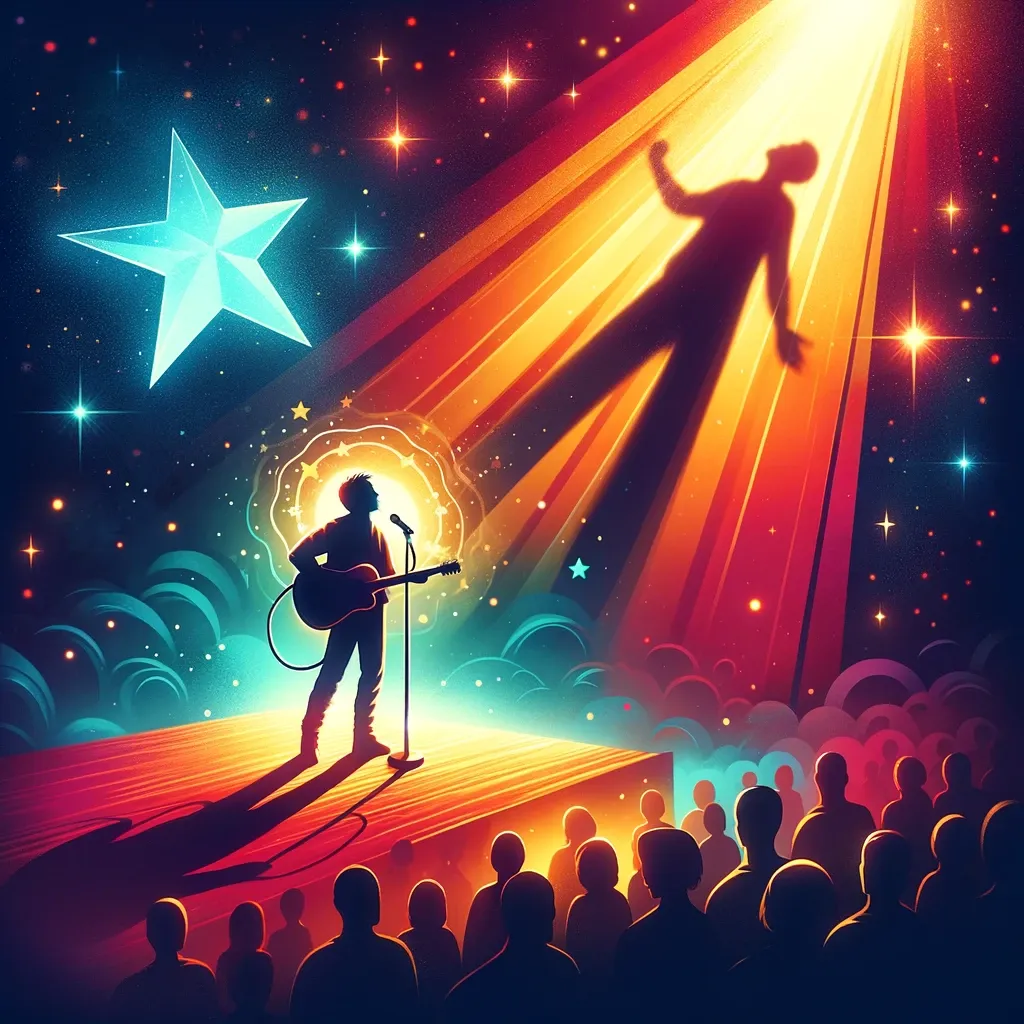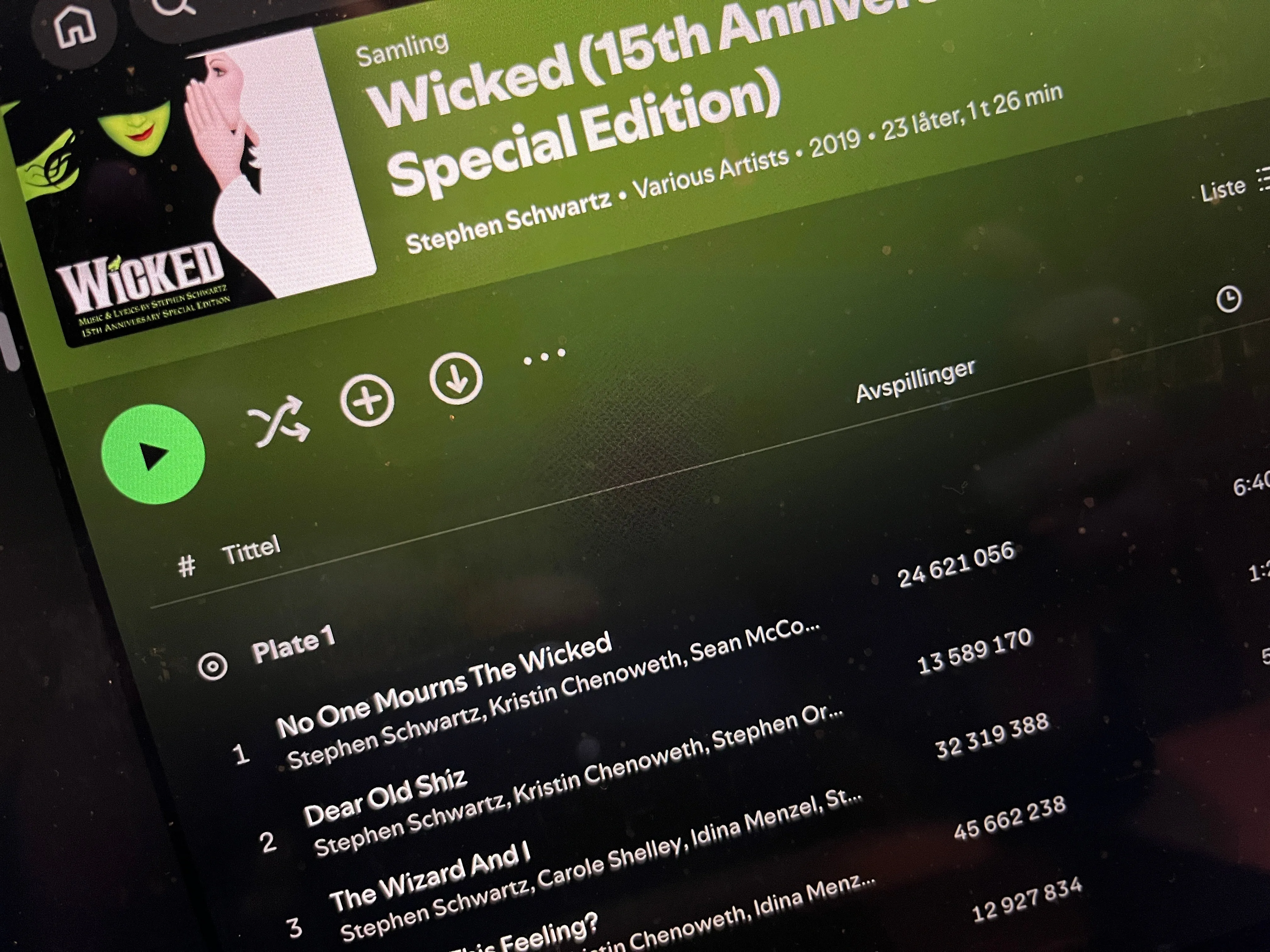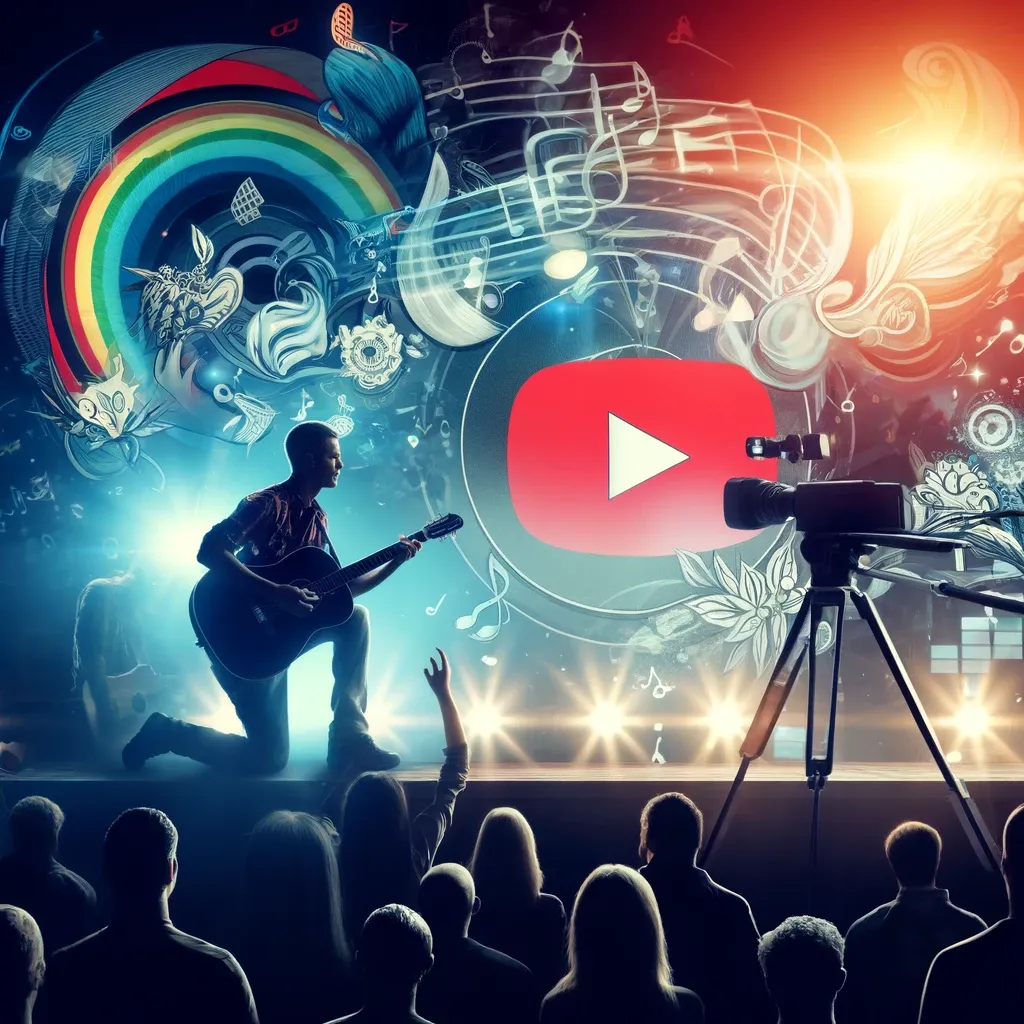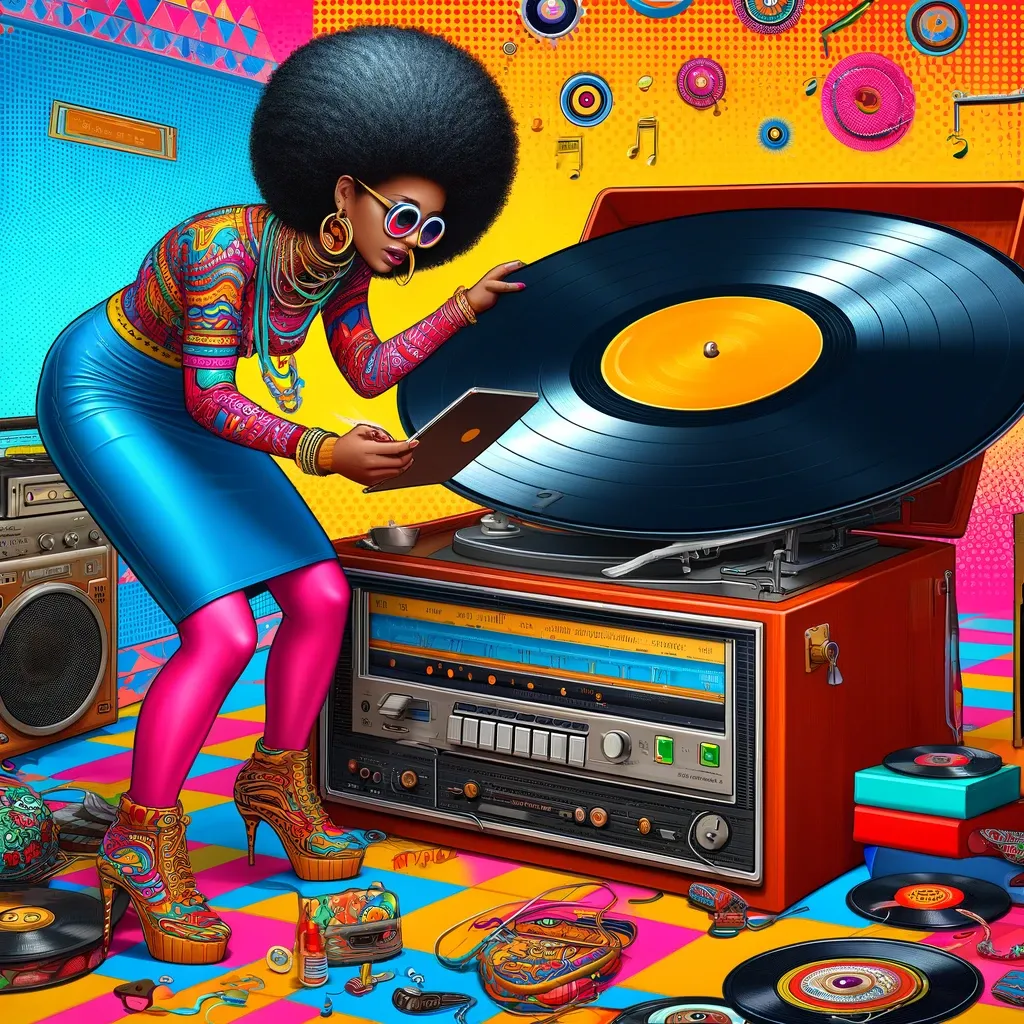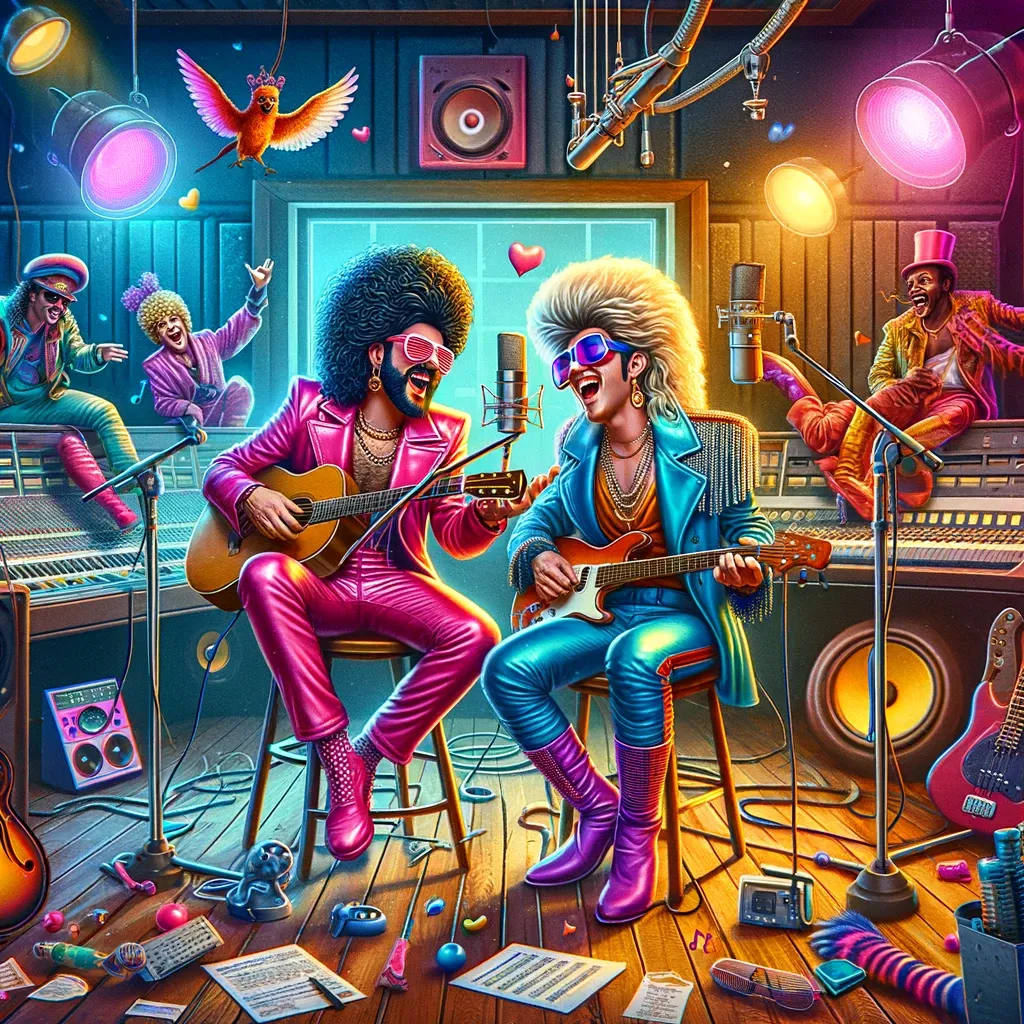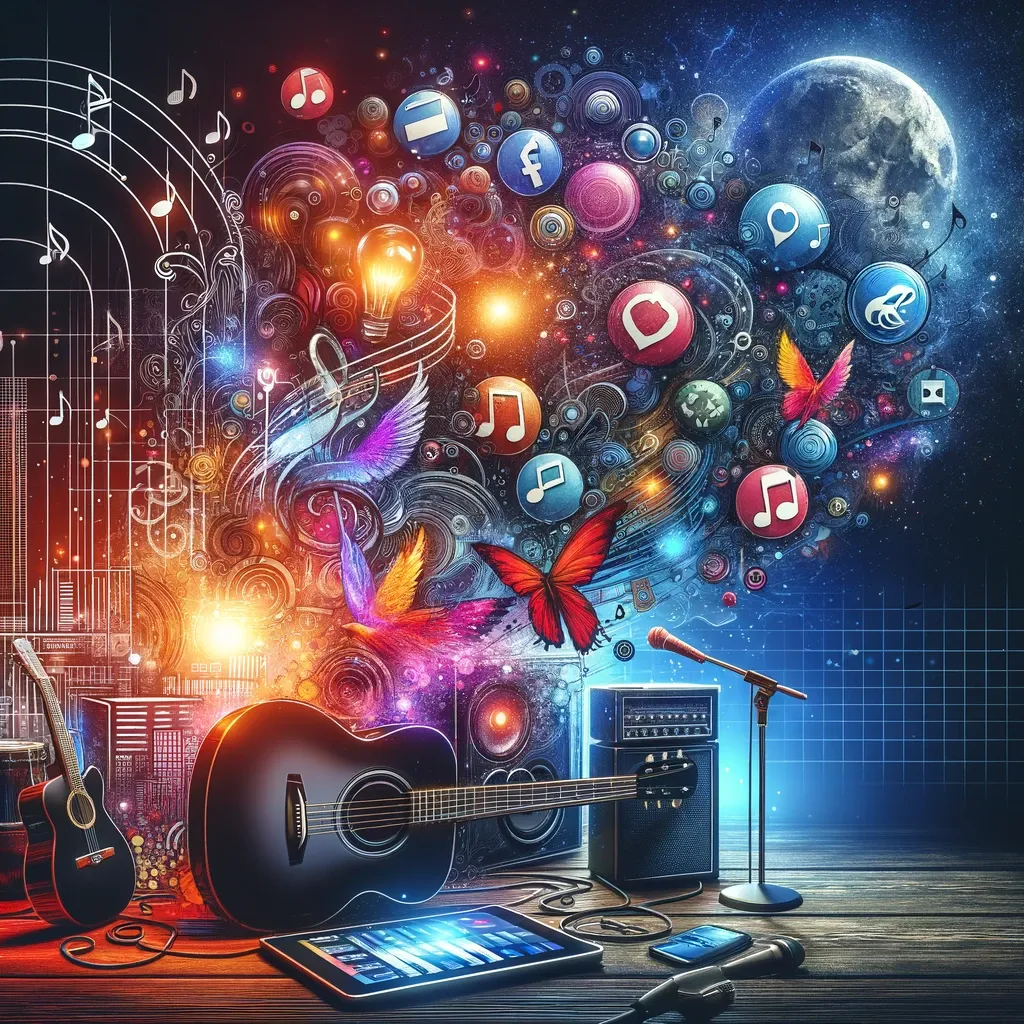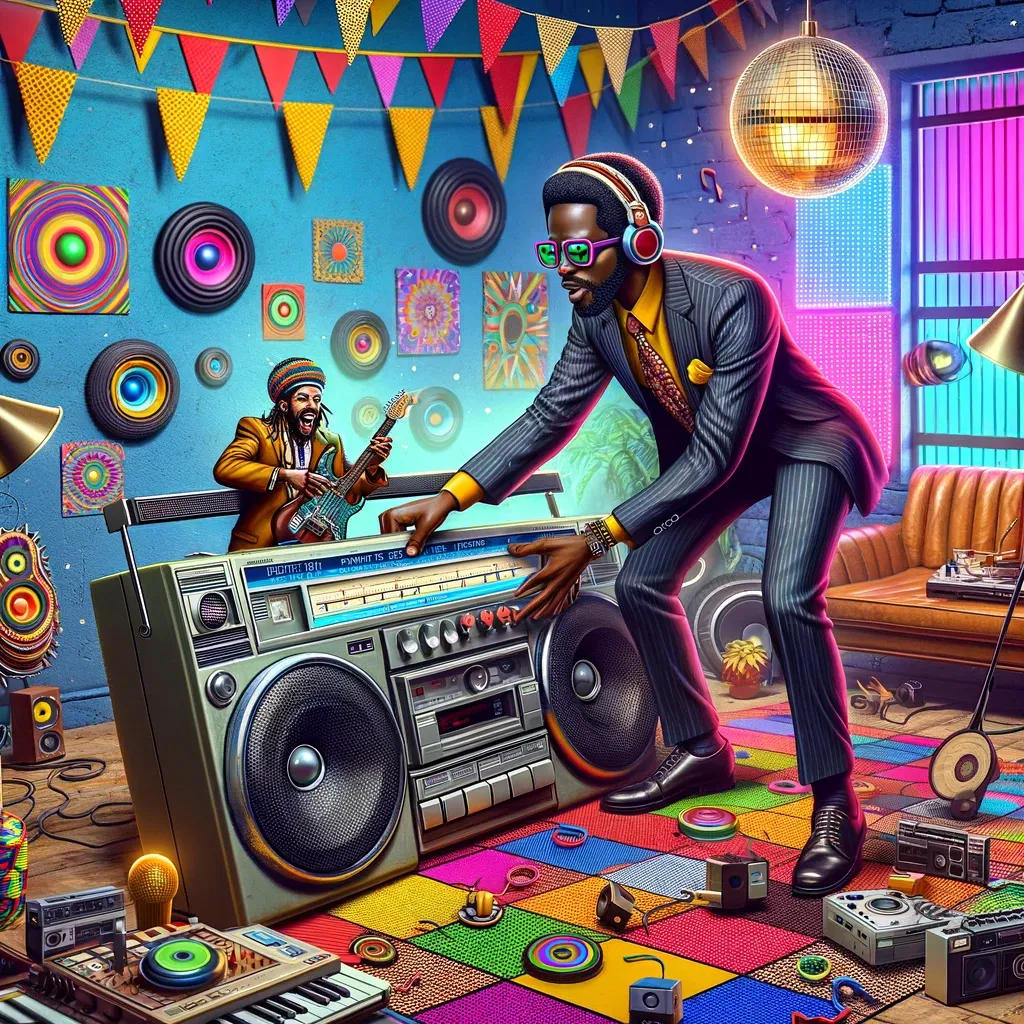The Storytelling Method That Turns Casual Listeners Into Devoted Fans Why Stories Matter (And Why You're Overthinking Them)
Most musicians think storytelling means spilling their guts on stage.
"I have to tell them about my divorce... my addiction... my childhood trauma..."
No, you don't.
You think you need some dramatic, life-changing moment to connect with people.
You don't.
The truth? Your audience doesn't want your therapy session. They want to feel something. And the smallest, simplest moments can create the deepest connections.

You don't need to bare your soul. You just need to be real about the small stuff that actually matters.
The Simple 3-Part Formula
Here's the method that turns casual listeners into devoted fans without you having to reveal your deepest secrets:
1. The Situation/Moment - What was happening when this song came into your life? 2. What You Were Feeling - The real emotion (not the dramatic backstory)
3. How It Connects - Why your audience might relate to that feeling
That's it. No trauma required. No oversharing. Just honest moments that people can connect with.
Examples: The Formula In Action
Example 1: The Wonderwall Reframe
- The Situation: "I've been playing this cover of 'Wonderwall' for three years, and I used to hate it. Thought it was overplayed garbage. But last month this guy came up after my set and said it was the song playing when he proposed to his wife."
- What You Were Feeling: Shift from annoyance to appreciation
- How It Connects: "Now every time I play it, I think about that moment instead of rolling my eyes. Maybe you have a song that means more to someone else than it does to you."
Example 2: The Landlord Song
- The Situation: "This song came from me being pissed off at my landlord. Not heartbreak, not some deep revelation - just pure frustration at getting another rent increase notice."
- What You Were Feeling: Anger and financial stress
- How It Connects: "Anyone who's ever opened a bill they couldn't afford knows exactly what I'm talking about."
Example 3: The Empty Room
- The Situation: "I wrote this song after playing to literally three people on a Tuesday night. The bartender, one drunk guy, and someone waiting for their Uber."
- What You Were Feeling: Humiliated and questioning if this music thing was worth it
- How It Connects: "Every musician has had that night where you wonder if anyone actually cares about what you're doing. Turns out, sometimes the empty rooms teach you more than the packed ones."
Delivery Tips: On Stage vs. In Email
On Stage:
- Keep it conversational, like you're talking to a friend
- Tell it right before you play the song, not after
- Make eye contact with different people while you talk
- Don't rush - let the moment breathe
In Email:
- Write like you're texting a friend, not writing a press release
- Use shorter paragraphs - easier to read on phones
- End with a question to get replies: "What song means something different to you now than when you first heard it?"
- Include a link to hear the song you're talking about
Both:
- Practice the story a few times so it feels natural
- If it feels forced, it probably is - try a different song
- Remember: you're sharing a moment, not performing a monologue
Ready to Escape the Day Job Trap?
Stories are just the beginning. Most musicians stay broke and ignored because they keep making the same fatal mistakes over and over.
Want to know what those mistakes are?
Download "The 3 Fatal Mistakes That Keep 99% of Musicians Broke and Ignored" - it's like a secret backdoor to the industry by daring to take the steps most musicians
never do.
